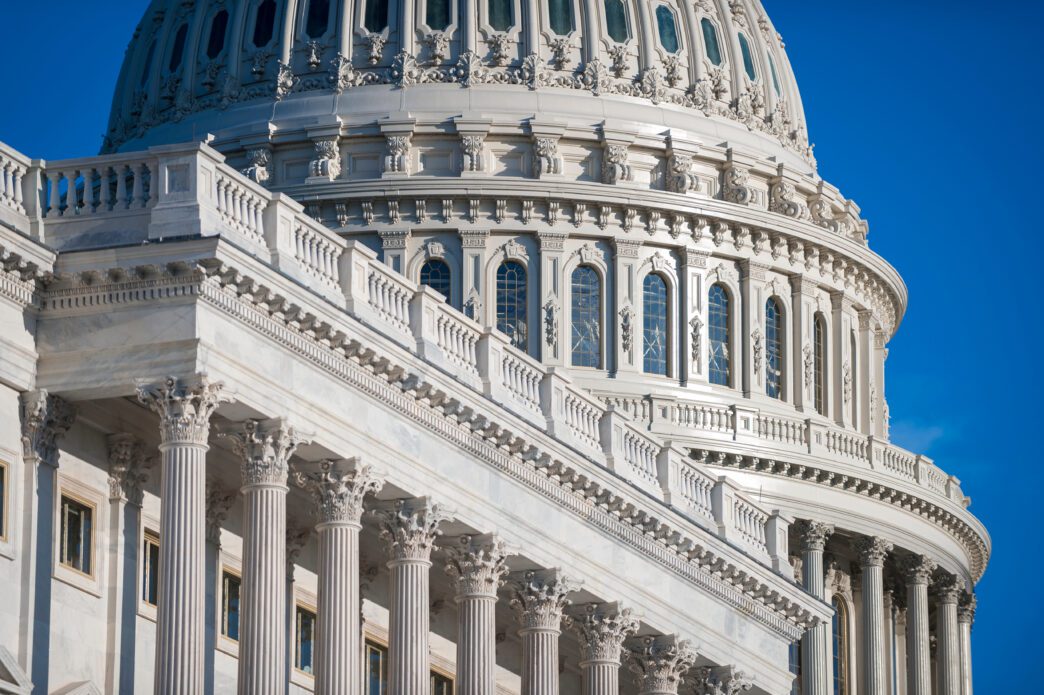Executive Summary
The Story So Far
Why This Matters
Who Thinks What?
The U.S. House of Representatives has taken a significant step toward compelling President Donald Trump’s Justice Department to publicly release all investigative files related to convicted sex offender Jeffrey Epstein. The measure, which garnered remarkable bipartisan support including from nearly every Republican, now moves to the Senate for consideration, following months of internal GOP conflict over the issue.
President Trump has indicated he will sign the bill if it reaches his desk, a notable shift from his previous characterization of the issue as a “Democratic hoax.” This turnaround by the President and Republican leadership came as a House vote loomed, with concerns about a potential embarrassing defeat.
Speaker Mike Johnson, who along with his leadership team initially sought to quash the effort over the summer and fall, ultimately backed the measure. Johnson stated he is now urging Senate Majority Leader John Thune to incorporate key protections for victims’ privacy should the Senate take up the bill.
Legislative Path and Political Dynamics
The legislative push was spearheaded by Rep. Thomas Massie, a Republican from Kentucky, with strong backing from Democrats. Massie noted the extensive resistance faced from various high-level officials, including President Trump, the Attorney General, the FBI Director, the Speaker of the House, and the Vice President, before their eventual change of stance.
Massie welcomed President Trump’s reversal, stating that the President’s decision to come on board strengthens his position. The House vote represents a significant moment for the Kentucky Republican, who had faced personal attacks and a primary campaign threat from Trump and his advisors in recent weeks.
The months-long saga has also exposed bitter feuds within the Republican conference. This includes a public disagreement between President Trump and Rep. Marjorie Taylor Greene, whom Trump reportedly called a “traitor” for joining Massie’s push for the files’ release.
Background to the Transparency Push
Ironically, President Trump himself initially fueled GOP interest in the government’s Epstein investigation. During his campaign, he repeatedly speculated publicly about Epstein’s death in prison and promised to declassify related files.
Officials appointed by President Trump, such as Kash Patel and Attorney General Pam Bondi, also contributed to public speculation regarding an “Epstein list.” However, months into President Trump’s second term, no new information had been released by the White House, creating a significant rift with his base.
This lack of action prompted Massie, in partnership with Democratic Rep. Ro Khanna, to launch a procedural gambit. They utilized a discharge petition, securing the necessary 218th signature from Democratic Rep. Adelita Grijalva of Arizona, to bypass GOP leadership and force a vote on the House floor.
Looking Ahead
The House’s decisive vote signals a powerful demand for transparency regarding the Jeffrey Epstein investigation. With the measure now in the Senate, the focus shifts to whether the upper chamber will advance the bill and send it to President Trump’s desk, fulfilling what Rep. Grijalva described as “a demand from the nation.”








